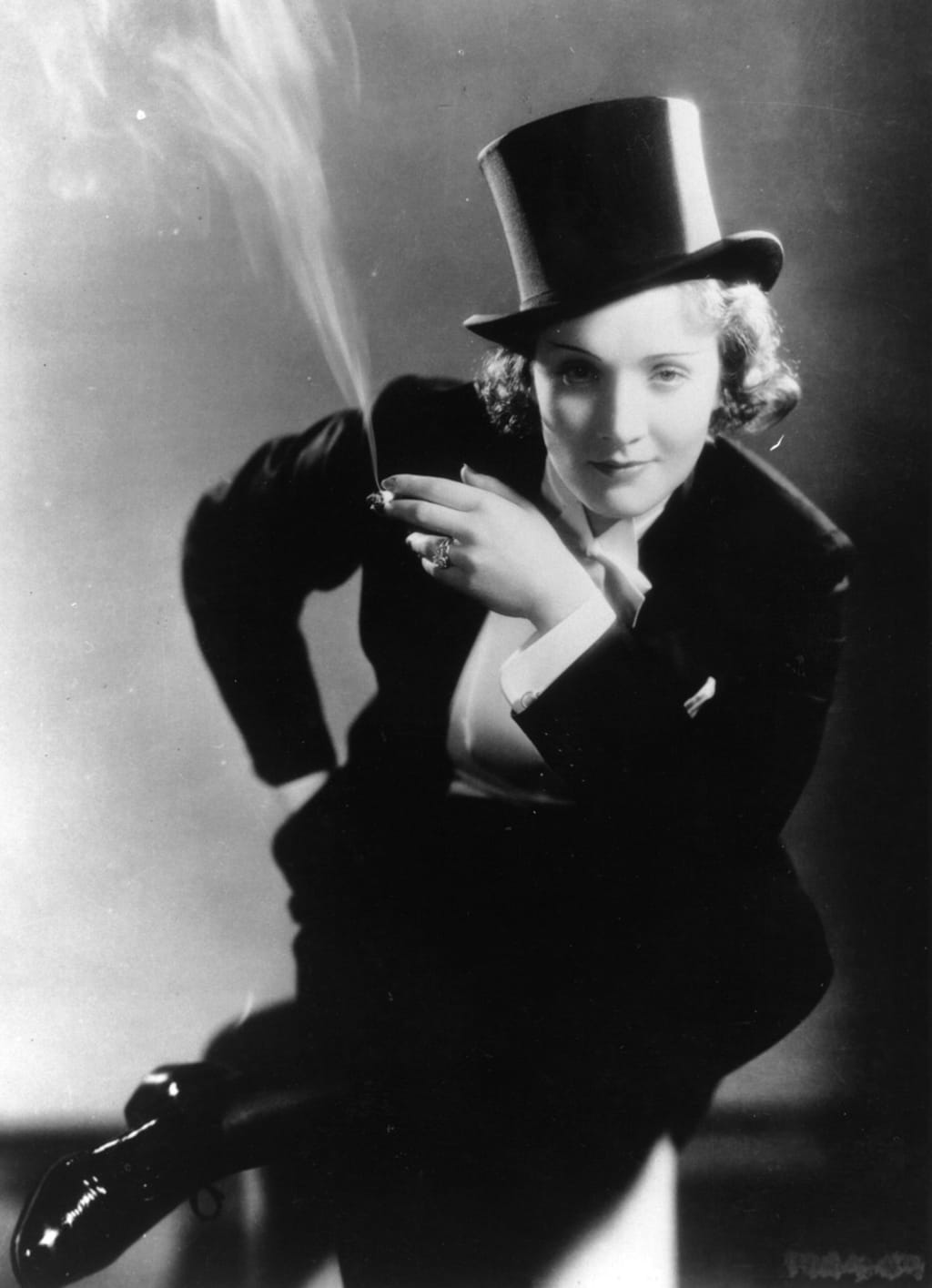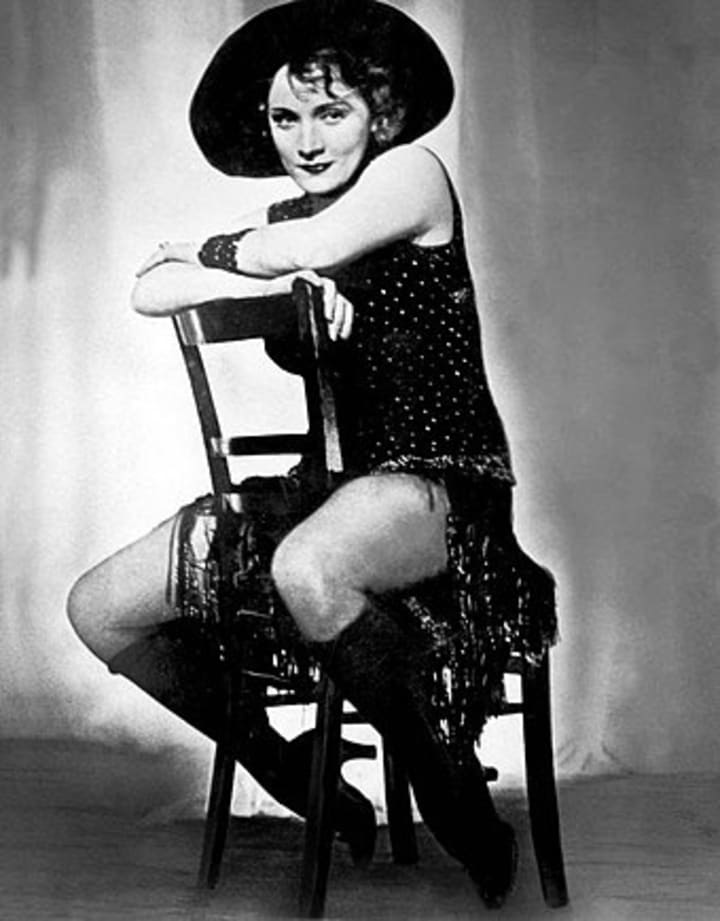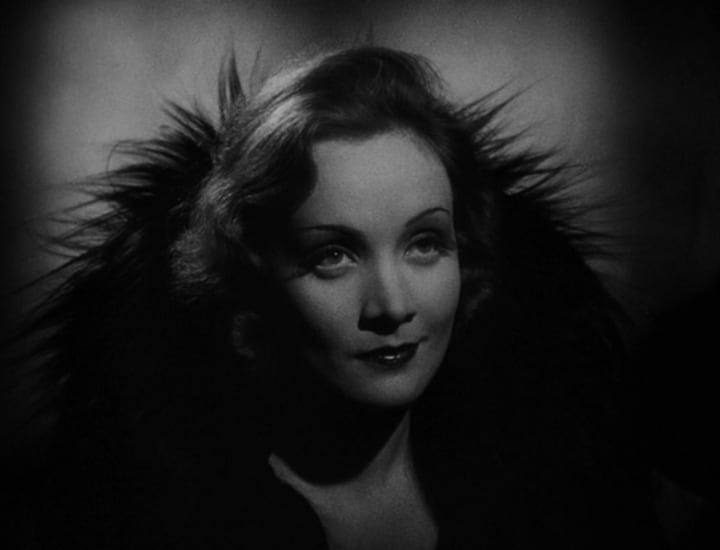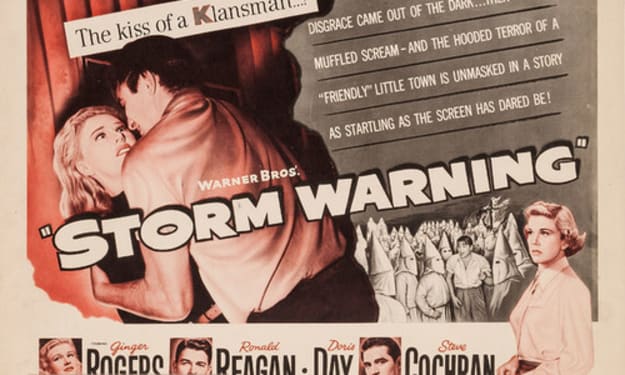Marlene Dietrich (1901 -1992)
Her Mocking Smile Says it All

In the introduction to her memoirs, Dietrich says:
“I have no interest in talking about my life… Facts are unimportant.”
Dietrich was an icon. And icons are built for adulation, not interrogation.
So, when my imaginary 1940s screen writer persona tries to write a Dietrich bio-pic she is at a loss.
In 21st century style, I must offer a warning:
This piece may contain facts, half-truths, conjecture and myths.

A screen play needs a beginning. But I don’t want to start with the glorious strawberry-blonde baby with luminescent skin, outshining her duller, darker older sister.
Germany at war with the world meant that Marelene lost a father and step-father in quick succession. But I don’t feel that is where the drama starts.
Dietrich’s mother called the teenage Marlene ‘boy mad’ and eventually sent her to boarding school to keep her out of trouble. But Dietrich’s teenage diary betrays a young heart happy to play being in love with boys, men, girls and women. But that is still not where I would start my bio-pic about a screen legend.
Let’s remember, icons aren’t born. They are created.

1920s Berlin – the return to the gaiety after years of war. A city that had lost meaning to suffering, hunger, grief and defeat was searching for something new, outside of the old rules of taste and discipline. There was a desire to play with unruly emotions and frivolity. Cabaret was the answer: flirting with freedom, being an outsider, encouraging artistic egoism.
And this is where I would open my screen play. A woman’s luxurious legs, curling smoke, a resonant voice, lazily seducing an Austrian director with Hollywood sensibilities.
My film opens with Marlene being adored by a man with a decidedly horrible moustache as she appears on the Berlin stage. He is a strange figure, choosing to look awful, because he believed that:
“The only way to succeed is to make people hate you. That way they remember you.”
This is Josef von Sternberg the director of Dietrich’s first films, a man who understands the importance of image.
Sternberg is looking for his Lola Lola. He calls the film The Blue Angel rather than naming it after the male protagonist, Professor Unrat, because it conveys a melancholy in English and a salacious tone in German (Blau meaning drunk in German slang). It is to be the first German talkie, simultaneously shot in English and German and it needs to make an impression.
The legend starts here. Not the bit parts, the years of honing a craft, learning to perform, her wrist injury curtailing a respectable violinist career. No, it starts with The Blue Angel, a leading role that highlighted an effortless, destructive allure.
Steinberg was determined to cast the relatively unknown Dietrich, despite more famous actresses put forward by the studio. The bitterness of blond women who didn’t get the opportunity would make a good script point. They would be beautiful, but the screenplay would show that they were lacking star quality, that magical something beyond competence.
And then I would write about Dietrich under Sternberg, his trick of the light to transform a suburban wife and mother into the brazen, sexy Lola Lola.
“Von Sternberg, he paints, like Rembrandt, with his lights. That face up there on the screen, a real seafront harbour tart – she is right! She is absolutely wonderful!”
So said Dietrich in front of her young daughter, Maria, who recalls it was the first time she heard her mother refer to herself in the third person. It was the beginning of thinking of Dietrich as a product.

Next the voyage to the United States, to cash in on the new European star, a rival to Sweden’s Greta Garbo. Dietrich is a mother leaving behind her child and husband. I know from biographies and diaries that she missed her daughter terribly. But for the bio-pic that is an unnecessary complication. Paramount did not want her to talk about her maternal responsibilities, because for the studio executives, motherhood and sexiness were incompatible, a Venn Diagram of two separate circles.
More importantly, there was a tight-rope to cross between the seductress on screen, and the scandal off camera. Von Sternberg’s wife sues Dietrich for alienation of her husband’s affections, because it is always the ‘other woman’s’ fault. A love triangle more newsworthy than a pining mother.
The Icon’s first film in Hollywood is Morocco, a pre-code romantic drama, bringing together two hot new properties – Gary Cooper and Dietrich. Sternberg with his muse creates a sexually ambiguous Amy Jolie, a nightclub singer, who in top hat and tails kisses a woman in the audience, whilst playing a game of cat and mouse with Gary Cooper’s, legionnaire, Tom Brown. Amy and Brown are both lost, lonely souls needing to regain trust in humanity and romance, both easily tempted with riches or other admirers, but eventually having the courage to choose love.
The success at the box office was immediate and impressive. Hollywood had a new sex symbol.

Dietrich thrives in pre-code Hollywood. She is daring and provocative. She is the proto-type femme fatale.
She becomes synonymous with a set of adjectives: mysterious, beautiful, glamorous, cool, smirking intelligence, unique, charismatic. She has a versatility, an allure that can be moulded to play across the spectrum of seduction. She has a musicality in her distinctive, non-native voice that becomes the voice of sexual conquest.
And just as importantly, she has a colourful personal life. Affairs with co-stars of both genders, apparently tolerated by the conservatism of the American media, because she is just foreign enough.
She becomes one of the best paid stars of the era.

But all stars lose their shine. In 1938, along with other stars of the era, she is branded "box-office poison" by Harry Brandt in the Hollywood Reporter. And while Joan Crawford and Katherine Hepburn could take that hit and stage a revival, it was harder for the German-born star with European morals.
So, here my script would take a melancholy turn. Dietrich was not producing hits. She was no longer working with Sternberg who had moulded her. As she noted in her memoirs:
“He created my film image; I, spoiled brat that I was, merely had to slip into it and let myself be fawned upon.”
I would write about a star floundering, that dark part of a narrative arc, just before redemption.

And then, the war came.
Her daughter writes:
“Even I, who knew her best, who sat in judgement of so many faults, never once could fault her innate intelligence nor her soldier’s courage to act upon her hatred of Hitler that began long before it became fashionable… Her loathing was vocal, passionate and influential. She handed it on for others to acknowledge and join; fame carries with it the duty to use it beyond its origin.”
The script writer in me, would include the attempts by the Nazi’s to get her to return to Germany, and her outright refusal. It’s a new side to the image. It is stern and principled.
She pays her salary of $450,000 for Knight Without Armour to help German Jewish refugees. She is compassionate and self-sacrificing.
Douglas Fairbanks Jr, her lover at the outbreak of the war, writes that she wanted to assassinate Hitler by seducing him to gain access to his bedroom. But realised the plan couldn’t work because she would not be able to get a weapon past The Fuhrer’s security.
It is a deliciously silly idea, dreamt up by the romantic teenage version of Dietrich found in her early diary entries, which marvelled at her ability to captivate the young men around her. She wanted to be the heroine of one of her own films.
In my script this would be the Marlene I would show at the beginning of the war. She would hold adolescent, romantic ideas about who she was and her prowess in the bedroom. But then as reality hits we would see hard work, pragmatism and courage take hold.

Her efforts during the war were incredible. Marlene along with other stars was recruited to sell war bonds. She made four nationwide tours becoming the Hollywood’s leading salesperson. She worked at the Hollywood Canteen, a place where entertainment and meals were provided for servicemen during the war. Bette Davis, wrote of her contribution:
“She not only contributed glamour out front, but backbreaking labour in the kitchen.”
And she toured with the troops, experiencing air raids on the front line, to the extent that Billy Wilder claimed she was at the front more than Eisenhower. And because I have taken the trouble to erase the hard work of the Berlin theatre and cabaret scene, the audience will be surprised by her ability as a live performer.
And let’s not forget this was a native German. She had a role in boosting the morale of the Americans, but also in demoralising the Germans. Her commitment to the cause could be demonstrated with a scene of her in North Africa, making a radio broadcast to the Armed Forces where she bursts into the microphone:
“Jungs! Opfert euch nicht! Der Krieg ist doch Schieße! Hitler ist ein Idiot!“ (Boy’s don’t sacrifice yourselves! The war is shit! Hitler is an idiot!)
She was also, one of the first civilians who came to Germany with the American troops and who saw the horror of the camps.
And the camera looks at the horror through her eyes and then does a close up of a single tear as she takes in the crimes of Germany, before returning to America, as a true American.

There, what a picture!

But Marlene was only 44 when the war ended. She still had as many years left to live.
But as a screen writer I don’t have the tools to write about a successful later life.
After the war, Marlene was a grandmother with a foreign accent. There were newer, younger sex symbols ready to take on the Femme Fatal roles. Hollywood never offered her quite the same opportunities again. (Although I think she is wonderful in a Foreign Affair (1948) and Hitchcock’s Stage Fright (1950)).
Hollywood may have written her off, but audiences were still hungry for her star quality.
She took to the stage and toured the world with a cabaret show, under the careful gaze of her musical director, Burt Bacharach.
There were many highs still to come: Broadway, London, a Tony Award, a Television Special and award-winning documentary. She would become the first woman and German to receive the Israeli Medallion of Valor in 1965, "in recognition for her courageous adherence to principle and consistent record of friendship for the Jewish people".
She died at the age of 90 in her Paris apartment and was given a state military funeral.

But surely, older women are to be feared, exiled, shunted out of the limelight. As a hack screen writer I might struggle to celebrate her joyous adventures in her private and domestic life. And that is how the complexity of women’s lives get lost. An icon can’t do the ironing, or the school run, or grow old.
I love this recollection from her grandson (J David Riva):
“All those years ago, as she bussed our breakfast dishes and began washing them, I told her that I would love to tell my school friends that she was in the war and that she had won the Medal of Freedom. With a small satirical smile she said, “Be sure to tell what side I was on.”
Marlene remains an icon.
She is a portrait on a wall. She is an image. She is force. And as Suzanne Vega says:
Her mocking smile says it all.
About the Creator
Rachel Robbins
Writer-Performer based in the North of England. A joyous, flawed mess.
Please read my stories and enjoy. And if you can, please leave a tip. Money raised will be used towards funding a one-woman story-telling, comedy show.
Reader insights
Outstanding
Excellent work. Looking forward to reading more!
Top insight
Heartfelt and relatable
The story invoked strong personal emotions







Comments (11)
Great article! I collect a lot of these old pictures.
Loved it! and congrats on your top story:) Can you please read my story?;)
Loved it & congratulations on Top Story!!!❤️❤️💕
Wonderful original storytelling that captures much of what Marlene Dietrich was and stood for. Congrats on your he TS
Congrats on Top Story!🥳🥳🥳
Great insights into a wonderful actress
I’d watch this movie in a heartbeat. I only knew a little about Marlene, but now I’m really blown away. Excellent job on this 👏
This was a brilliant telling of an amazing human.
Rachel, I think is this absolutely wonderful. I think you should pitch it Hollywood. Someone would simply have to pick it up.
As always I love your POV as the 40s hack...ahem...screenwriter. Marlene, ever enduring; you do her justice with this bio-pic. But who could play her?
Amazing as ever Rachel ❤️